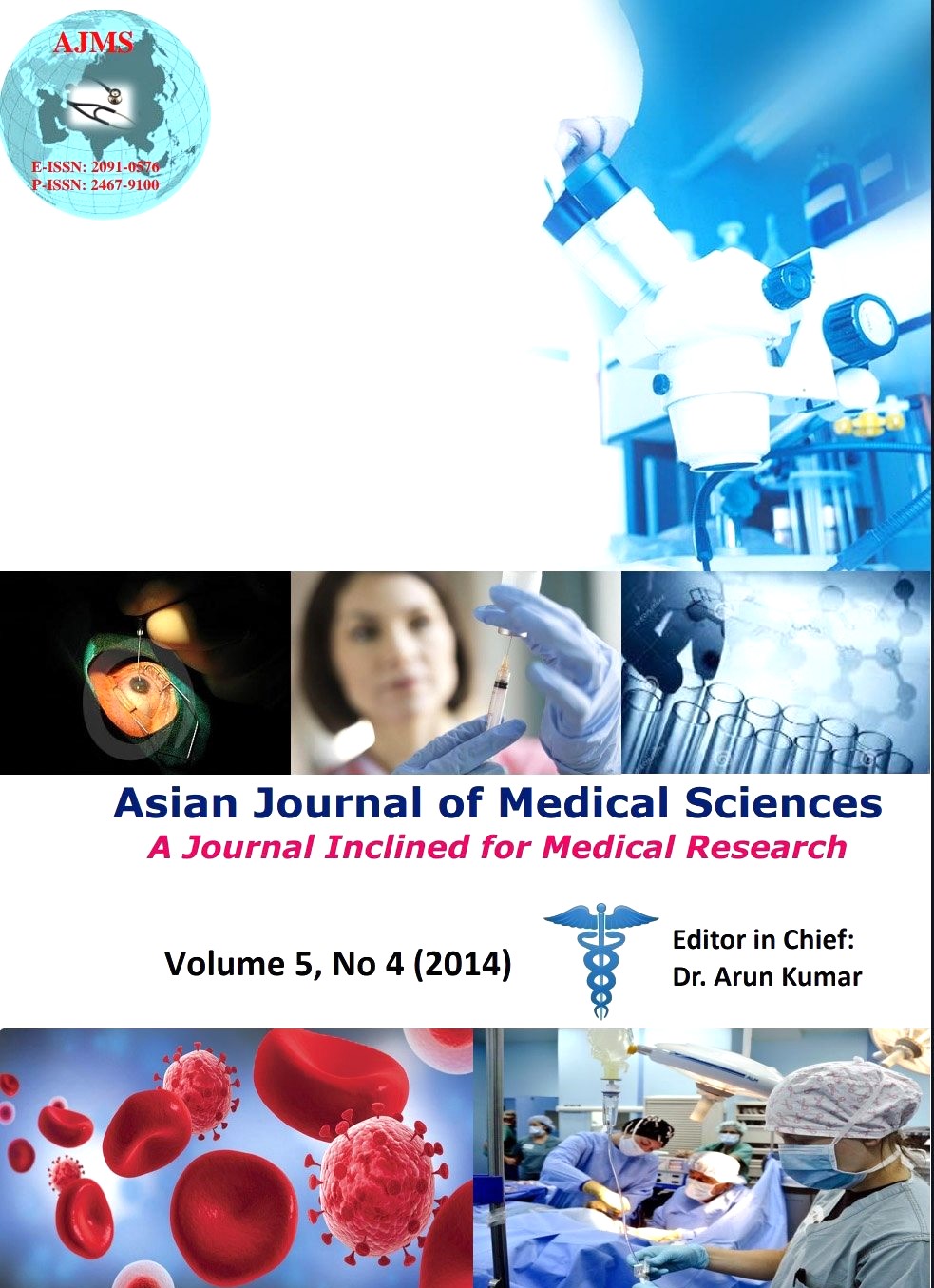Knowledge, attitude and perceptions of mothers with children under five years of age about vaccination in Mangalore, India
Keywords:
Knowledge, attitude, perception, vaccineAbstract
Objective: Vaccination is a cost-effective intervention to prevent major illnesses that contribute to child mortality in the country. Increase in parental knowledge about vaccination will lead to increase in vaccination rates of children The main aim of our study was to assess the Knowledge (K), attitudes (A) and perceptions (KAP) of mothers with children under five years of age about vaccination. We also compared the KAP data between urban and rural setup.
Methodology: This cross sectional descriptive study was conducted on mothers attending the Urban Health Centre (in Mangalore city) and on mothers attending a Peripheral Health Centre (Bengre, outskirts of Mangalore) having children under five years of age. A semi structured pre validated questionnaire designed to assess the Knowledge, Attitudes and Perceptions about vaccination was administered to mothers attending the Urban Health Centre and on mothers attending a Peripheral Health Centre having children under five years of age.
Results: Among the study participants, 74 were from urban setup and 126 from rural set up. Around 8 (10.8%) from urban area and 78(61.9%) from rural area were illiterate. Mothers were the main decision makers regarding vaccination of the child in both urban and rural setup. The main source of information regarding vaccination differed among urban and rural setup, being the hospital and the anganwadi worker respectively. There was a statistically significant difference between urban and rural mothers when it was asked whether they knew why vaccination was important. A majority of the mothers both in the urban and rural areas believed that vaccines were safe. Among the urban mothers 90.5% and 62.7% of mother from rural were able to identify polio as a vaccine preventable disease. On a net analysis, 64(86.5%) mothers in the urban area and only 64 (50.8%) mothers in the rural area mothers found to have favourable knowledge, attitudes, perceptions and practices towards vaccination.
Conclusion: A significant number of mothers in rural areas were unaware about the vaccination and its implications. Even in the urban areas we found significant lacunae in the KAP of mothers towards childhood vaccination.
DOI: http://dx.doi.org/10.3126/ajms.v5i4.10306
Asian Journal of Medical Sciences 2014 Vol.5(4); 52-57
Downloads
Downloads
Published
How to Cite
Issue
Section
License
Authors who publish with this journal agree to the following terms:
- The journal holds copyright and publishes the work under a Creative Commons CC-BY-NC license that permits use, distribution and reprduction in any medium, provided the original work is properly cited and is not used for commercial purposes. The journal should be recognised as the original publisher of this work.
- Authors are able to enter into separate, additional contractual arrangements for the non-exclusive distribution of the journal's published version of the work (e.g., post it to an institutional repository or publish it in a book), with an acknowledgement of its initial publication in this journal.
- Authors are permitted and encouraged to post their work online (e.g., in institutional repositories or on their website) prior to and during the submission process, as it can lead to productive exchanges, as well as earlier and greater citation of published work (See The Effect of Open Access).




